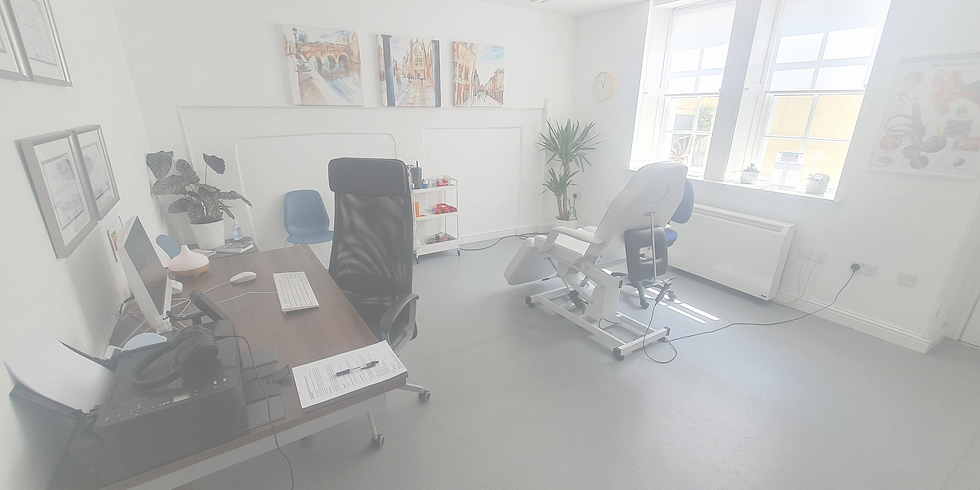top of page

Our Services
45 min
65 British pounds45 min
75 British pounds45 min
40 British pounds
Trusting the latest technology to serve your hearing needs

MANUAL REMOVAL
This method involves using specialist instruments to carefully dislodge and remove the wax from your ear.
Procedures
MICROSUCTION
Microsuction is clinically proven to be one of the safest methods of ear wax removal.


"Since opening the clinic in Bath, looking after you and your families ear health has been the top priority. Auditory Solutions provides professional services from start to finish; beginning with reviewing your medical history and discussing your ear condition and concerns. Our aim is to provide the best service possible to our clients in a friendly and compassionate atmosphere"
About

Aumir Masud
Ear Care Practitioner
bottom of page














